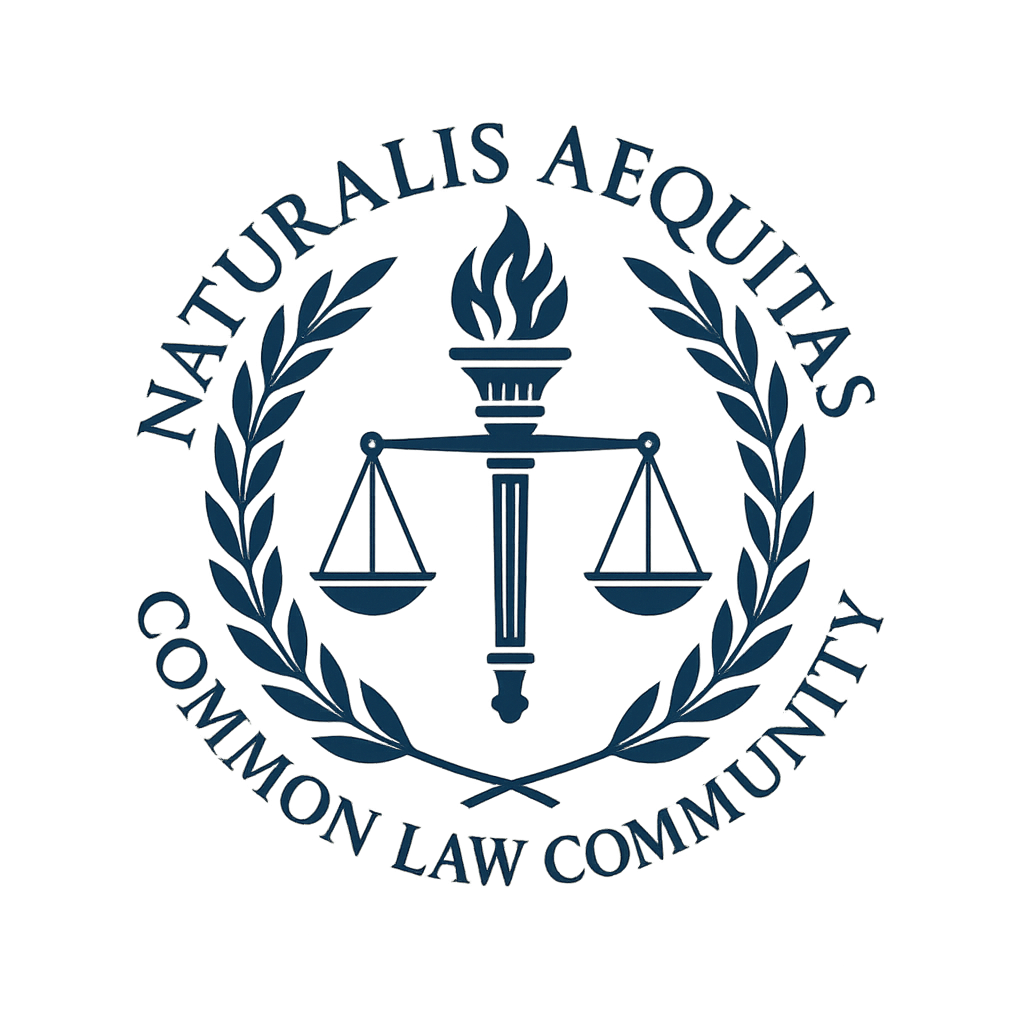Does NACLC offer legal services?
Strictly no. Although NACLC may include past and present solicitors and attorneys, the scope of activities of the community is collaborative learning and promotion of deeper understanding of higher jurisdictions of Equity and the Common Law.
What is the purpose of the NACLC?
NACLC seeks to empower members with enhanced comprehension of a broad range of remedies in Common Law and Equity to promote fairness, justice and accountability in dealings with men and women in public and private institutions.
If I join the NACLC community, will my personal details be anonymous?
Yes, member anonymity is assured, and members are required to adhere to strict confidentiality and non-disclosure terms of agreement when assuming membership.
What resources are available to learn about Common Law and Equity?
Resources are largely open source and include extensive educational materials, case studies, and practical examples of members applying principles of Common Law and Equity Jurisdiction to real world problems.
What is the difference between NACLC promotion of Common Law and Equity over standard legal practice?
Common Law and Equity are higher jurisdictions to statutory law and consequently may offer superior remedies to malfeasance, misfeasance and nonfeasance of men and women public and private institutions.
Is NACLC a ‘Sovereign Citizen’ movement?
No. It is the view of the community that the Sovereign Citizen movement is a false operation designed to discredit advocacy beyond the statutory regime that overwhelmingly prevails in Western society.
Does NACLC assist members with fighting speeding and other fines?
No. NACLC community members are encouraged simply to pay fines and strive to be compliant with statutory rules even though they appear excessive and unfair. NACLC is oriented towards remedies to address harmful actions of men and women in government and private industry.

Our Approach
Discover how to engage with NACLC’s resources to empower yourself in Common Law and Equity Jurisdiction.
Step One: Join the Community
Begin by registering with NACLC to access resources and materials and connect with like-minded advocates.
Step Two: Learn and Apply
Undertake self-study and knowledge acquisition to apply to principles of Common Law and Equity to personal interactions with government and corporate entities.
Step Three: Engage and Advocate
Use your understanding to engage with institutions and promote further understanding with men and women in your life and community.
Empowering via Common Law and Equity
For queries, comments and expression of interest, reach out via the contact box.

